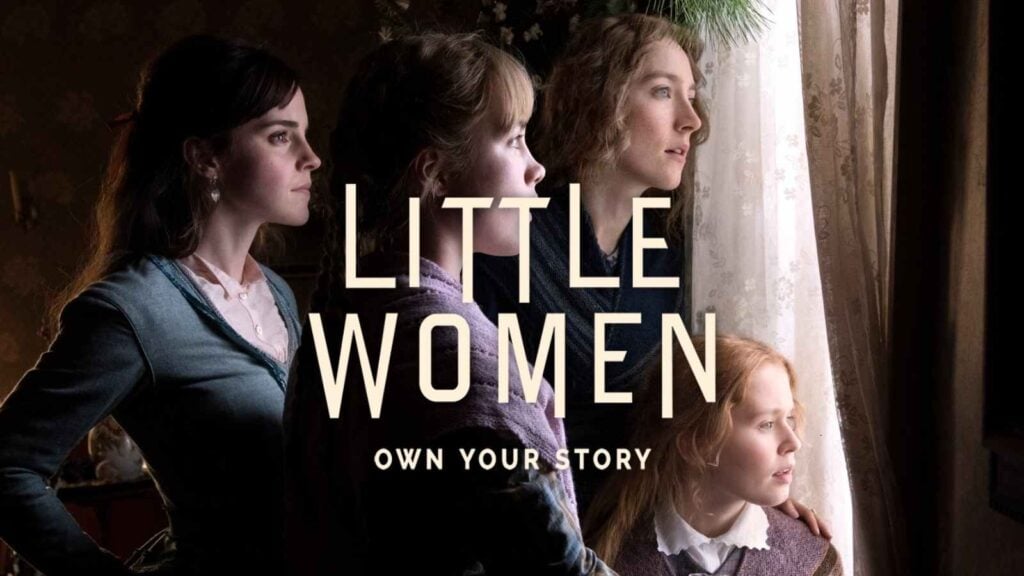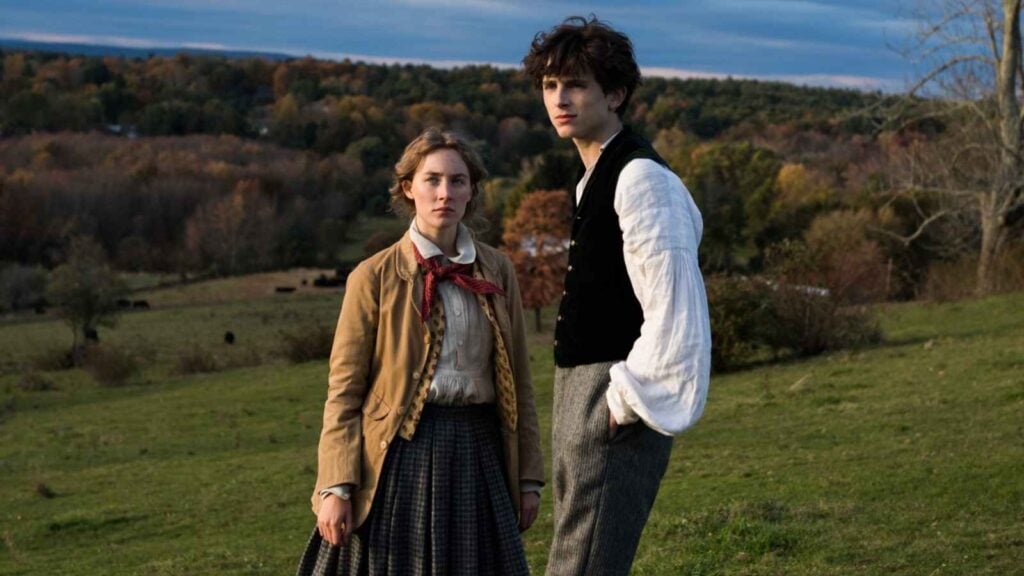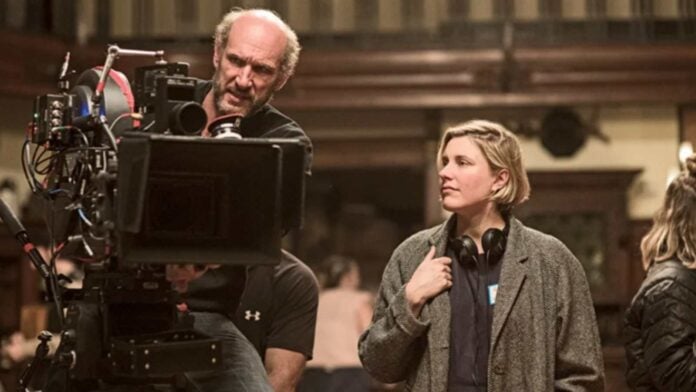In her kick-ass adaptation of Louisa May Alcott’s classic novel Little Women, director Greta Gerwig has majorly flipped the script. Gerwig not only pays tribute to Alcott’s legacy but also gives it a modern makeover. She mixes up the timeline and drops a meta-bomb in the finale, making viewers rethink everything they knew about the March sisters and their creator.
Right from the get-go, Gerwig’s ‘Little Women’ grabs you by the nostalgia feels. Instead of going from point A to B like a normal movie, she jumps around in time, showing us how every moment between the March sisters builds their bond. It’s like she’s playing with a time machine, but with more emotional punch.
Related: ‘Barbie’ Director Greta Gerwig Appointed Cannes 2024 Jury President
How Greta Gerwig Rewrote March Sisters’ History With A Spin

While Louisa May Alcott worked her incredible magic in the book ‘Little Women‘ to make it remain imperative even decades after it was first published, Greta Gerwig has twisted it in a way that would certainly leave Alcott pleased. Keeping the essence of the pivotal characters of the story unaltered, Gerwig added a few tweaks here and there that made the film the masterpiece it turned out to be.
Speaking about the same in an interview near Alcott’s childhood home in Concord, MA, Gerwig said, “And then there’s the ending—oh boy, hold onto your hats! I wanted to give Louisa May Alcott an ending she might have liked.“
Gerwig pulled a genius move by blending Jo March with Louisa May Alcott herself in the film. Jo’s journey to literary fame without giving in to the marriage hype is like a giant middle finger to the Victorian expectations. It’s rebellious, it’s bold, and it’s exactly what Alcott would’ve cheered for.
Im case you missed: “He’s Projecting, He’s Not Listening, He’s Selfish”: Joseph Gordon-Levitt Finally Clears Up ‘500 Days Of Summer’ Misinterpretations About The Real Villain
How Greta Gerwig Made Jo March Channel Louisa May Alcott’s Spirit Of Rebellion

Greta Gerwig’s improvisation of ‘Little Women‘ is especially praiseworthy because of the way she has honored the spirit of Louisa May Alcott, not just as a writer, but also as a woman. Alcott was a total badass in real life, which has perhaps inadvertently reflected in her book’s character Jo March.
Even as an author, she was impeccable at her job. She penned ‘Little Women‘ in record time, drawing heavily from her own life growing up with three sisters in Concord, MA. She wrote the book because she wanted to, not just to please publishers and readers who were all about the “who’s gonna marry whom” drama.
Gerwig’s take on Alcott’s rebellion is spot-on. By tweaking Jo’s ending to defy the marriage-is-everything narrative, she honors Alcott’s original intent to challenge societal norms. “It’s not just about the characters marrying off neatly,” Gerwig insisted during the interview. “It’s about staying true to what Louisa May Alcott envisioned—a story of independence and self-discovery,” she added.
While the film has garnered heavy acclaim as one of Greta’s finest works, the director has grown to make similar films that resonate with the spirit of women who put more value in freedom than in fitting in the mold.
You might also like to read:





